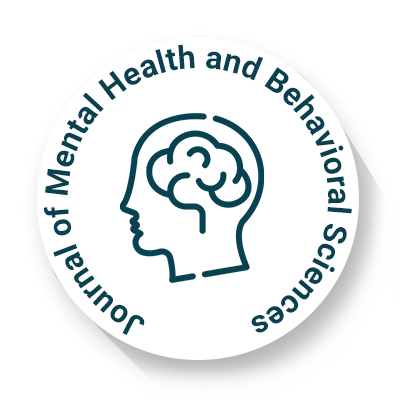
Journal of Mental Health and Behavioral Sciences
OPEN ACCESS

OPEN ACCESS
Post-traumatic growth (PTG) is a psychological phenomenon characterized by positive transformation following exposure to significant trauma or adversity. Unlike resilience, which refers to the ability to return to baseline functioning after a distressing event, PTG encompasses psychological, emotional, and existential advancements beyond pre-trauma levels. This process highlights the potential for individuals to experience profound personal development as they navigate and adapt to traumatic experiences.
Historically, various philosophical and religious traditions have acknowledged the transformative potential of suffering. In modern psychological research, PTG is conceptualized as a complex process influenced by cognitive restructuring, emotional regulation, and social interactions. Individuals experiencing PTG often engage in meaning-making processes, which involve re-evaluating their core beliefs, priorities, and life goals in response to trauma. This cognitive adaptation facilitates the integration of distressing experiences into a broader, more adaptive worldview.
Several mechanisms contribute to PTG, with cognitive processing playing a pivotal role. Individuals who actively reflect on their trauma and attempt to derive meaning from it demonstrate a greater propensity for growth. This process frequently involves restructuring maladaptive thought patterns and fostering acceptance of distressing emotions. Emotional regulation, including the ability to tolerate and process negative affect, is essential in facilitating this adaptive transformation.
Social support is another critical determinant of PTG. Strong interpersonal connections, including family members, friends, and mental health professionals, provide emotional validation and psychological safety. A supportive social network fosters an environment conducive to open communication, reducing the sense of isolation that often accompanies trauma. The presence of empathetic relationships aids in the normalization of distress, reinforcing adaptive coping strategies and promoting psychological well-being.
While PTG reflects the capacity for psychological advancement following adversity, it is essential to acknowledge that it does not negate the profound distress associated with trauma. The process of growth is inherently individualized, and not all individuals exposed to traumatic events will experience PTG. Factors such as personality traits, coping mechanisms, and the severity of trauma significantly influence whether an individual undergoes psychological growth or experiences prolonged emotional distress.
It is imperative to approach PTG with sensitivity in both clinical and social contexts. Expecting individuals to derive growth from trauma may inadvertently induce feelings of guilt or inadequacy in those who do not perceive positive changes in themselves. Mental health professionals should adopt a patient-centered approach, recognizing that healing and adaptation manifest differently across individuals. Supportive interventions should prioritize psychological well-being while allowing for the possibility of growth without imposing it as an obligatory outcome.